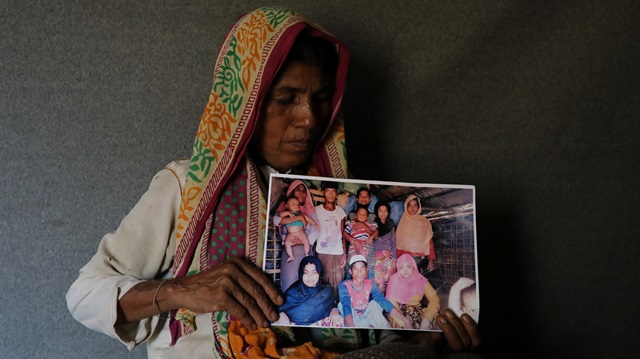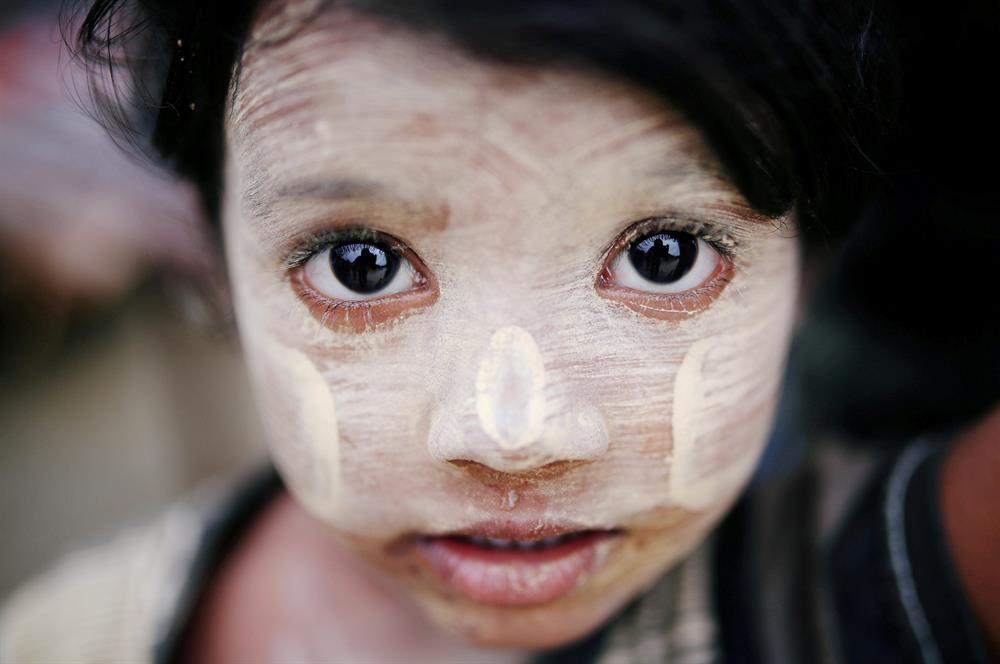
'I've been imprisoned for three years. Please don't worry for me,' one letter from a Myanmar jail reads
When Yuzana, 30, a field officer for the Myanmar Red Cross, visited the jail in February, she faced anxious questions from Rohingya detainees. "They thought I'd met their families," she said. "They asked me: "How is my family? Do you know where my wife is?"

The Rohingya language does not have a written form, but some of the refugees speak Burmese or English. In Bangladesh, their messages are taken down by Red Cross volunteers in English, often through a translator, while those from the prisons in Rakhine are in Burmese so they can be read by the censors.
Because Myanmar censors all communications in and out of the jails, the letters are limited to family news. Rohingya cannot write about last year's violence or why they were arrested, Red Cross officials say.
Min Tun Soe, a spokesman for the Myanmar Prisons Department, said it was normal practice to censor communications in the prisons.
"We have to check whether the information written in the letter affects the security of the prison or not," he said.
On a recent afternoon, a volunteer for the Bangladesh Red Crescent Society - a Red Cross-funded organisation – at the Zadimura refugee camp read out a list of 16 Rohingya men found alive in Buthidaung jail.
Among the refugees who quietly gathered around him was Oli Mian, 70, hoping to hear the name of his 35-year-old son, Mohammed Rashid, who was arrested in 2016.
When Oli Mian heard his son's name, he couldn't believe it. Only when it was read out again and the family details were confirmed he realised this meant his only son was alive. His eyes welled up with tears and he walked with his wooden stick back to his shelter to tell his wife.
"If my son was here, I wouldn't have to stand in the long relief distribution lines for hours to get food," he said, as tears fell onto the wrinkled hands folded on his lap.
"I'll write to him that I want to hear his voice," his wife Roshan Begum said, also fighting back tears.
"I'll tell him his parents are alive."
Hello, the comments you share on our site are a valuable resource for other users. Please respect other users and different opinions. Do not use rude, offensive, derogatory, or discriminatory language.
The floor is all yours.









